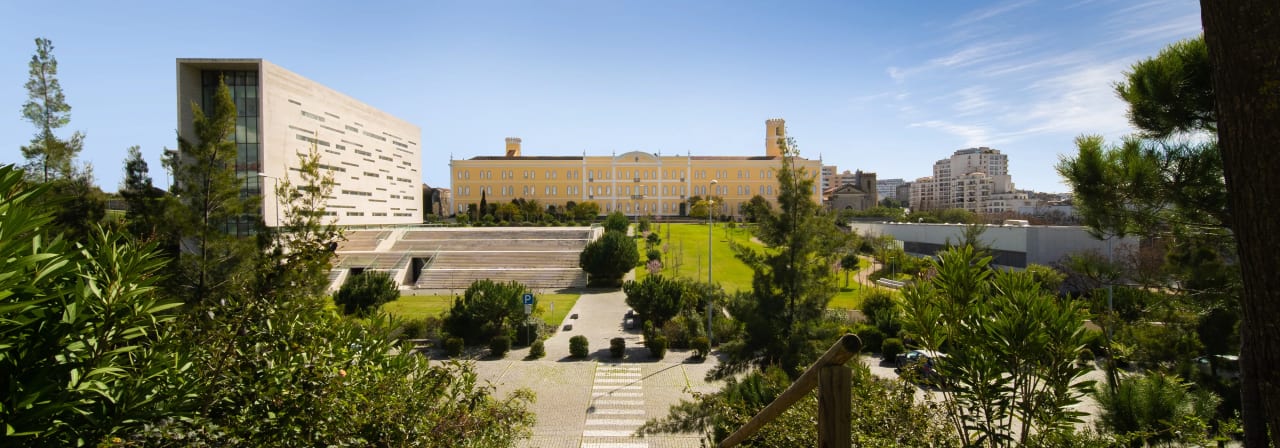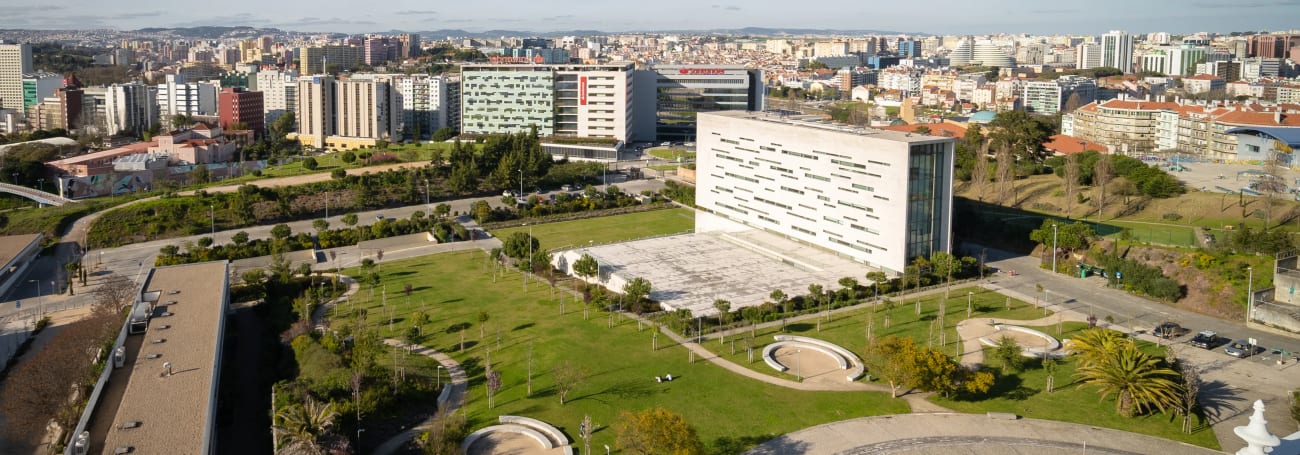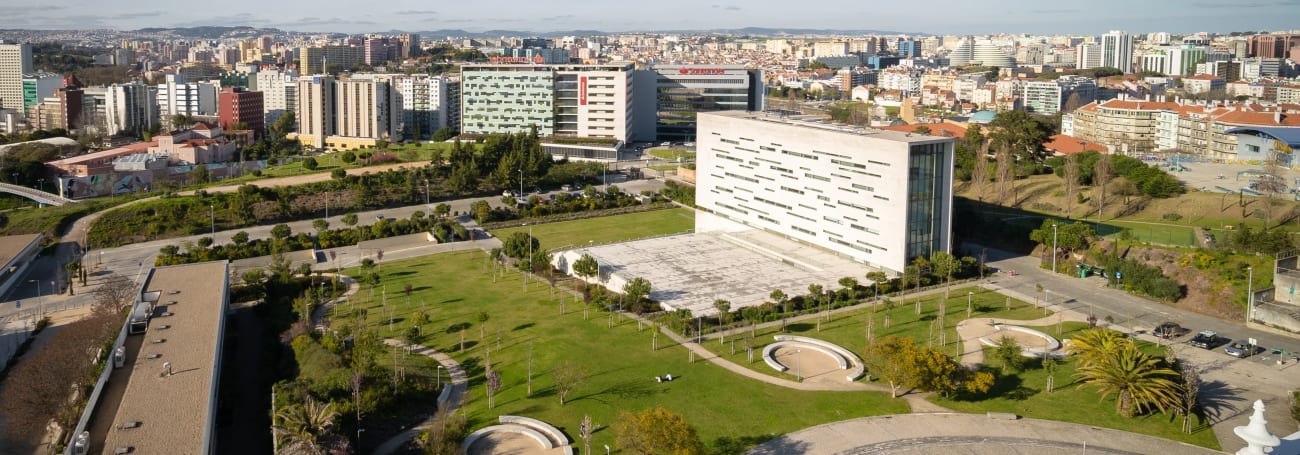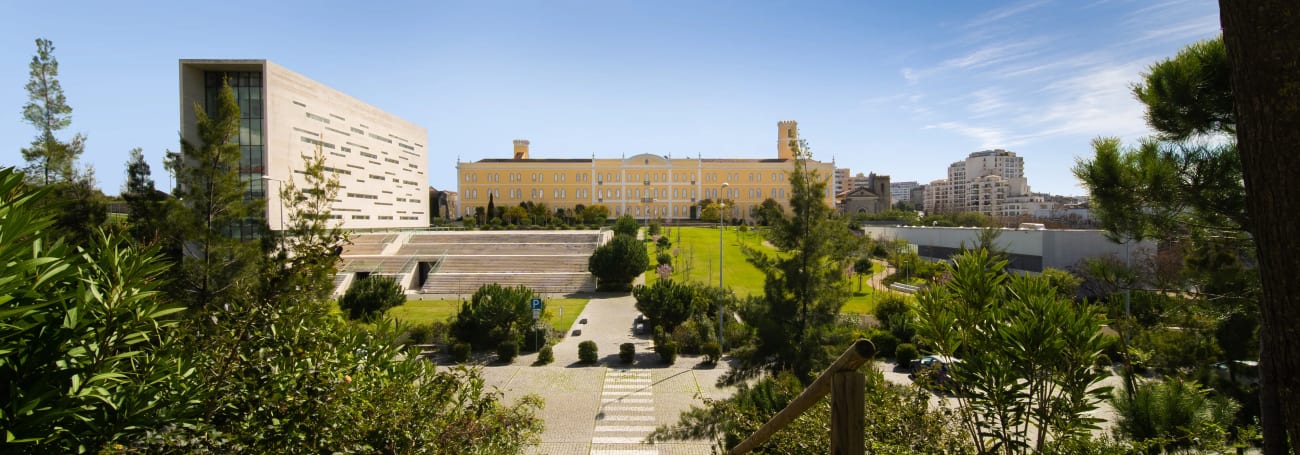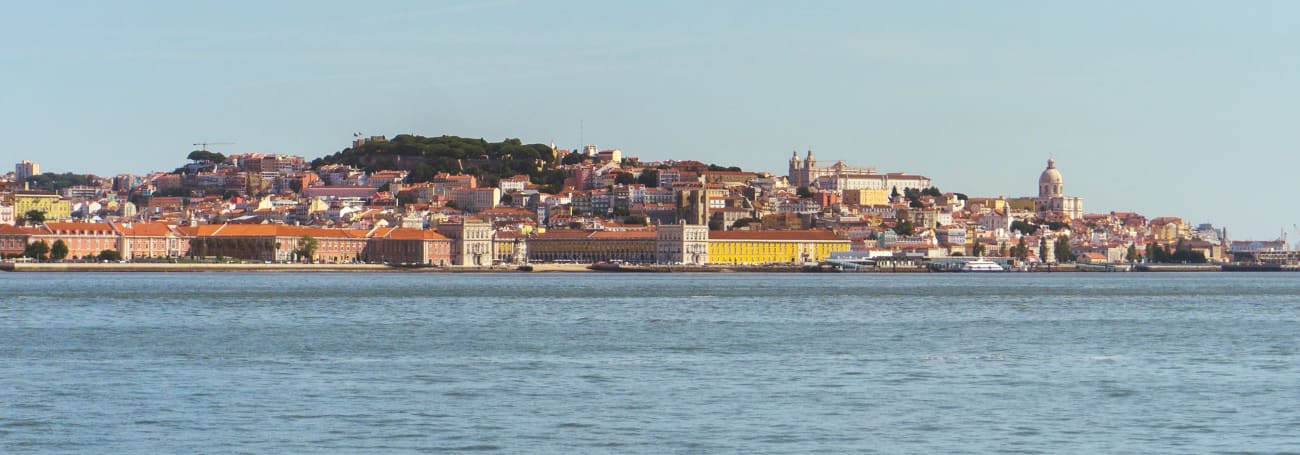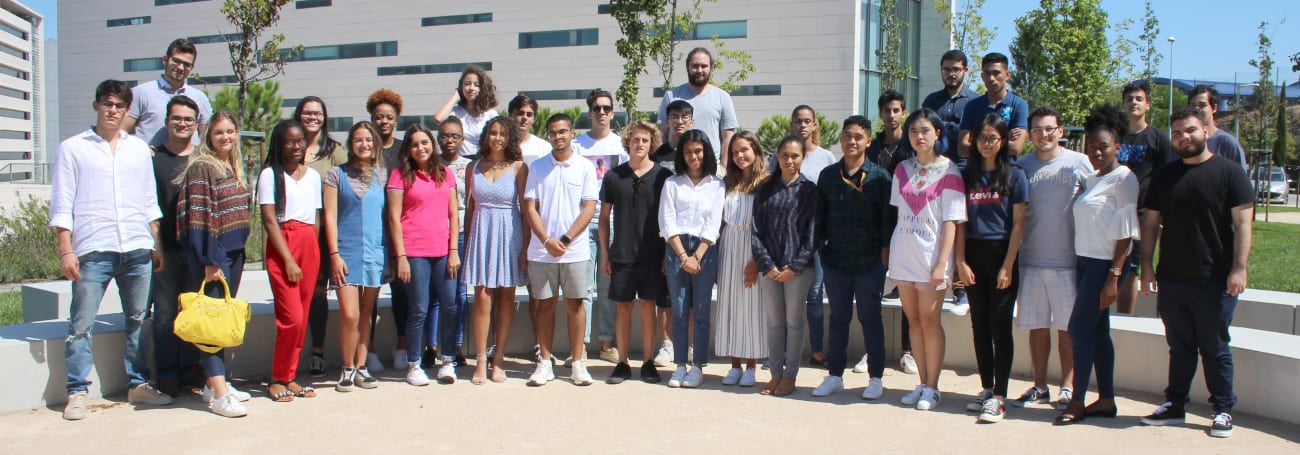Brief history
NOVA University Lisbon was founded on the 11th of August 1973, and is the youngest of Lisbon’s three state Universities. Integrated within a framework of expansion and diversification of higher education, the University adopted a new model within the Portuguese system that stressed interdisciplinary approaches, technological developments while, at the same time, safeguarding offerings in traditional academic domains including medicine, sciences and humanities.
Portugal – One of the world’s safest country
- Portugal – 3rd safest country in the world (2020 Global Peace Index)
- Portugal - Europe's Leading Destination 2020, 2019, 2018, 2017
- Lisbon – Europe's Leading City Destination 2019 (World Travel Awards)
Degree Programs *
- 28 Bachelor
- 12 Integrated Masters
- 103 Masters
- 84 Doctorate
* Accredited and registered
Search here for further information on Facts and Figures.
Internationalization Of Nova
NOVA’s international profile has developed naturally over the years and, more rapidly, in the last 14 years, with the emergence of several international mobility programs, to which NOVA has been successfully applying by itself or through partnerships with Portuguese or foreign Higher Education Institutions (HEIs).
As a young University, NOVA has been leading ranking positions, especially in Europe, while young innovative University in several areas such as Finance, Economics, Business, Data Science, amongst others. This fact has been contributing to increase NOVA’s brand all over the world, which is strategically positioned in Africa, South America, Middle East and Southeast Asia. NOVA has over 20% of international students represented by more than 100 different nationalities. This multicultural feature makes NOVA the most international Portuguese University ever.
Similarly, NOVA is since from its very beginning highly focused on knowledge and research and the fact that much of this research is being conducted in an international collaborative framework (e.g: under the European Framework Programs, Horizon 2020, and others) contributes to a sustained international profile of NOVA in terms of research.
Many study programs offered by the University are characterized by an international component that allows those who attend them to experience the culture, to know the level of development and to learn the best practices of other regions and countries.
In the years to come, NOVA will continue to develop this international profile, in all its aspects, which is an integral part of its mission and commitment to excellence in teaching and research.
International Networks

